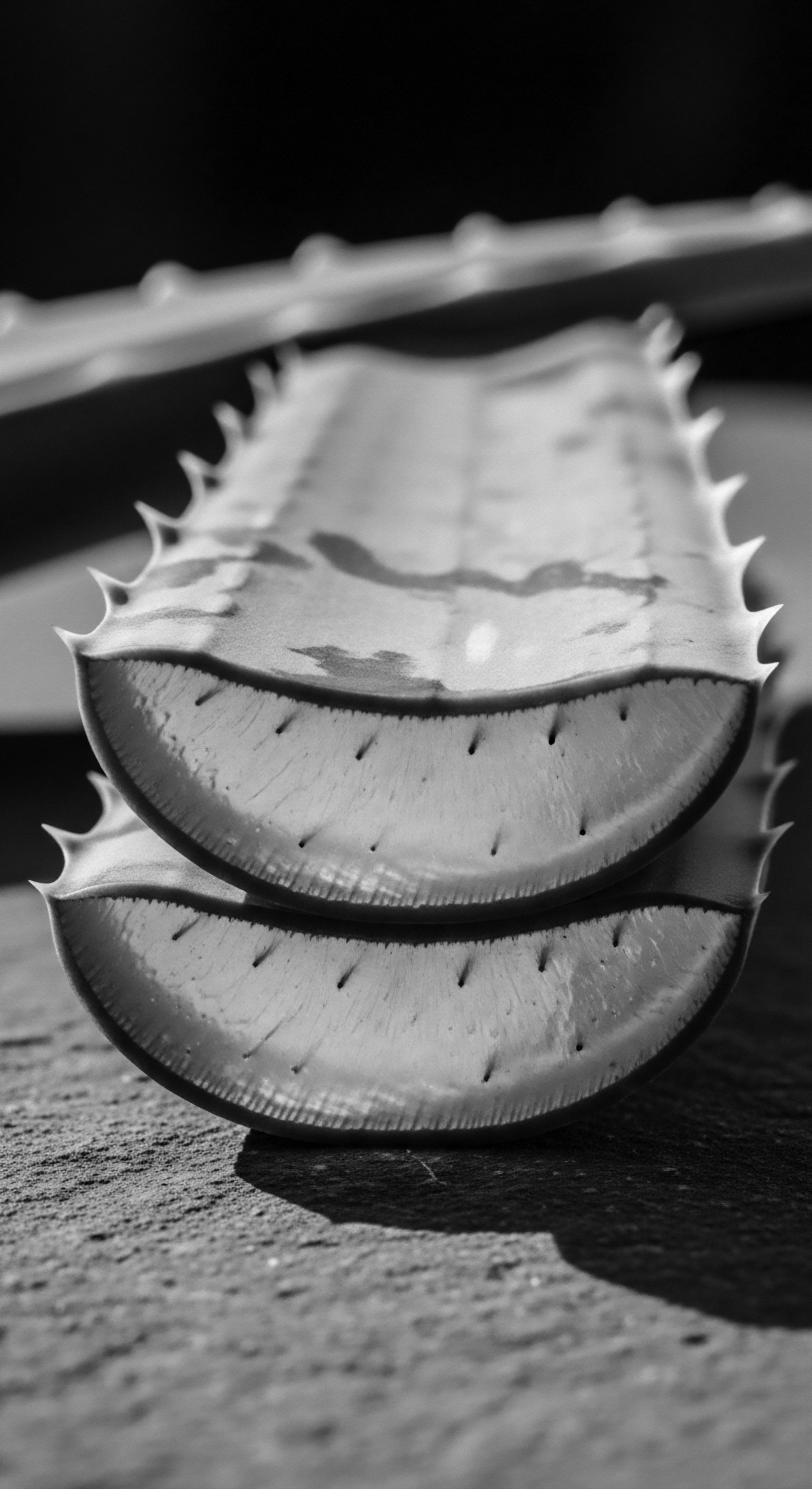
What Ancestral Botanical Wisdom Continues to Shape Textured Hair Care Today?
Ancestral botanical wisdom, rooted in diverse cultural heritage, continues to inform modern textured hair care through plant-based ingredients and time-honored practices.
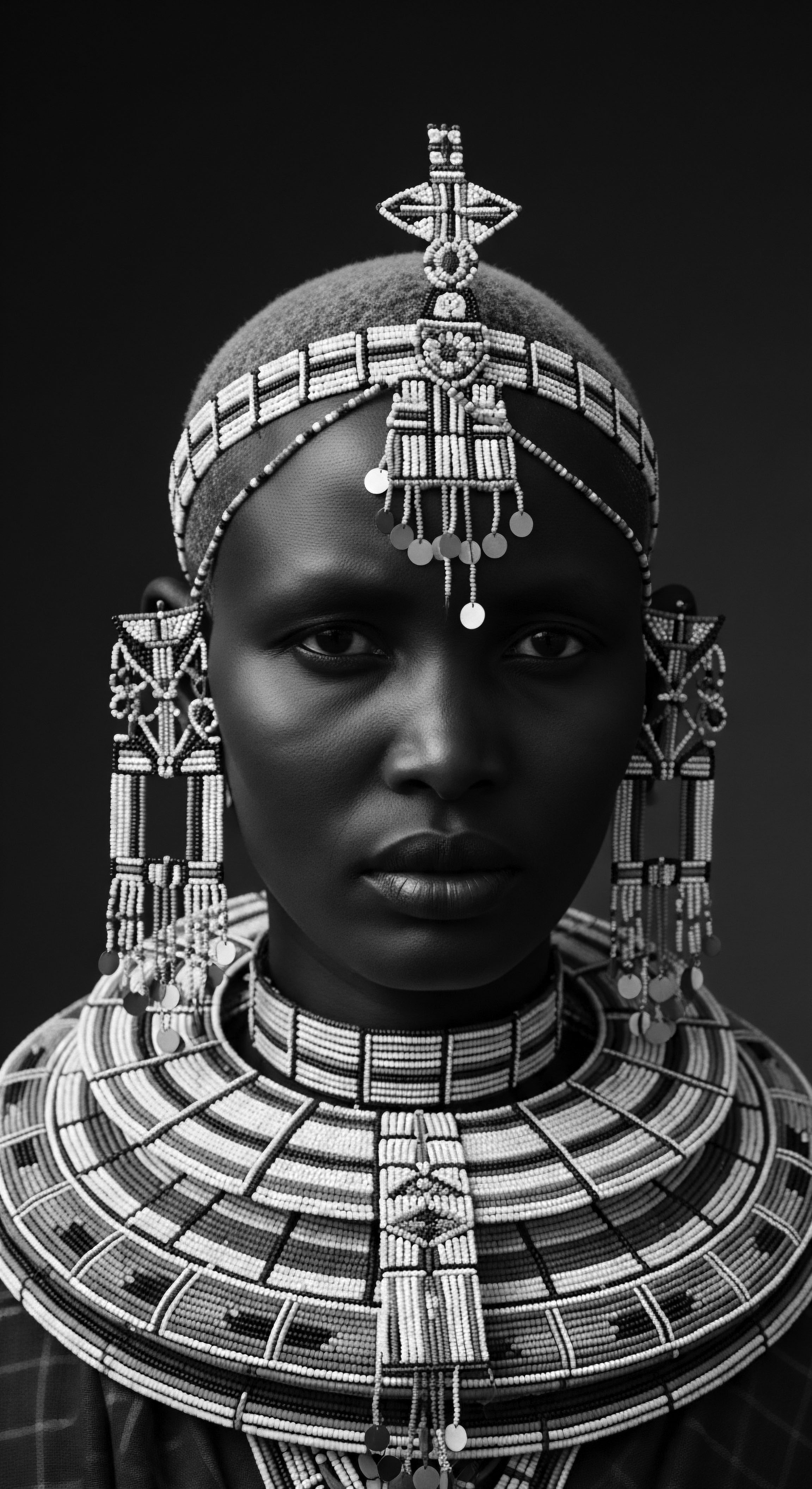
Heritage Knowledge
Meaning ❉ Heritage Knowledge encompasses the ancestral wisdom and enduring practices of care and identity tied to textured hair.
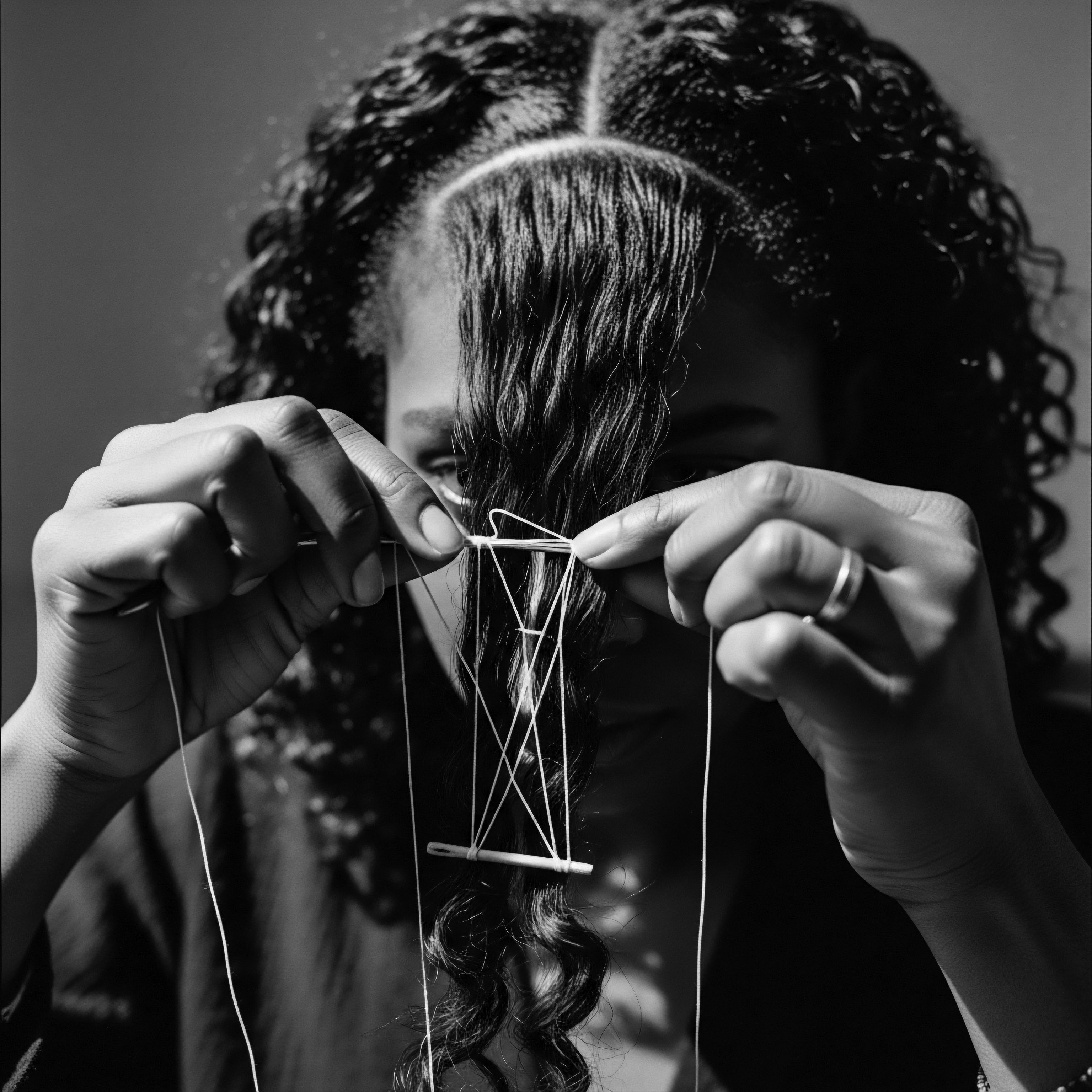
What Historical Connection Do Plant Ingredients Have to Textured Hair Care?
Plant ingredients historically formed the foundation of textured hair care, deeply connecting ancestral practices with enduring heritage.
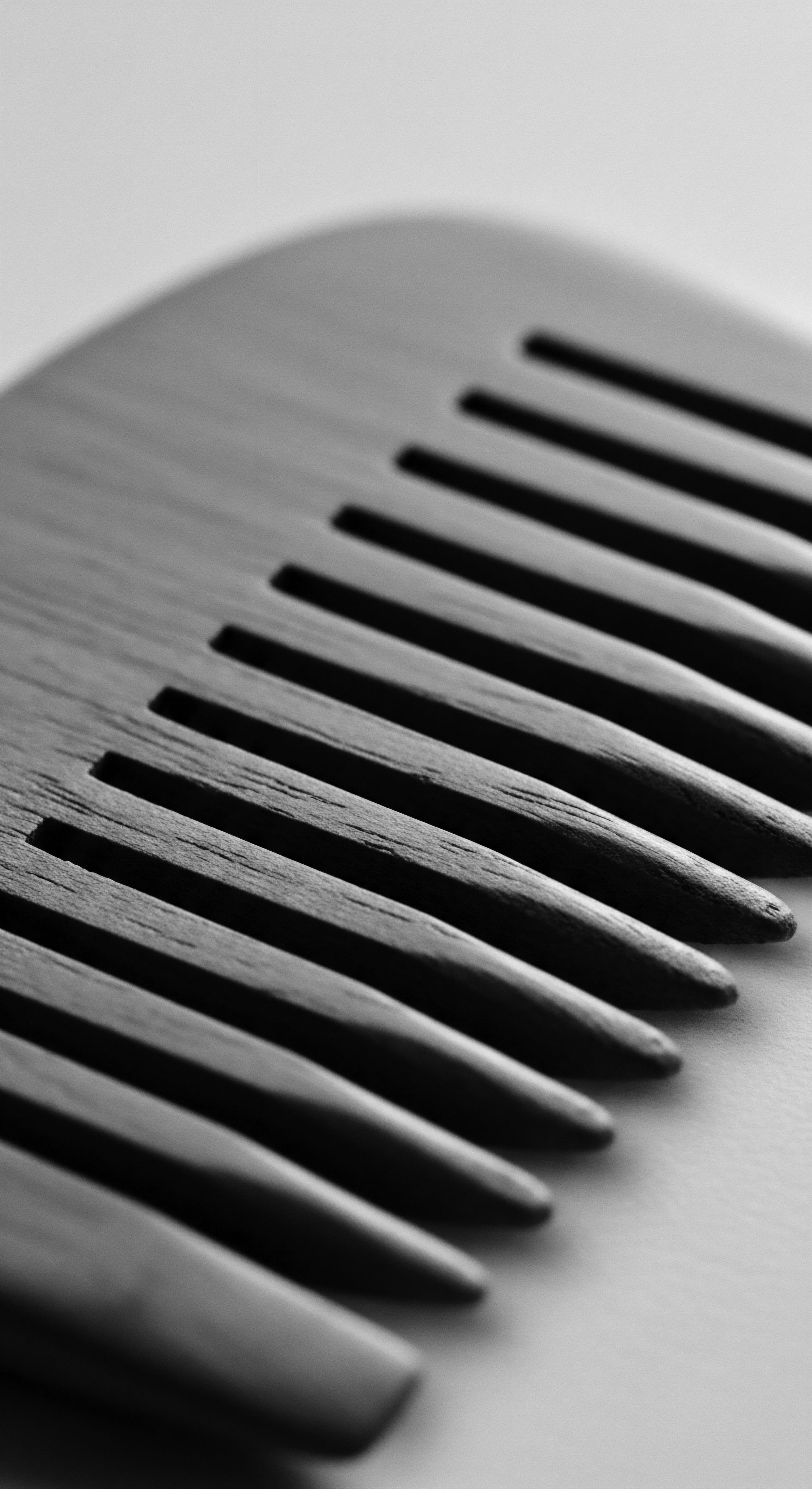
How Did Ancestral Colors Protect Textured Hair?
Ancestral colors from natural dyes fortified textured hair against environmental harm, enhancing its inherent beauty and resilience within cultural traditions.

What Historical Hair Care Traditions Shaped Modern Textured Hair Science?
Historical hair care traditions shaped modern textured hair science by offering a foundational knowledge rooted in ancestral wisdom and community practices.

In What Ways Did Botanical Remedies Shape Textured Hair Identity across Generations?
Botanical remedies, sourced from ancestral knowledge, provided essential nourishment and manipulation aids that deeply shaped textured hair identity and heritage.
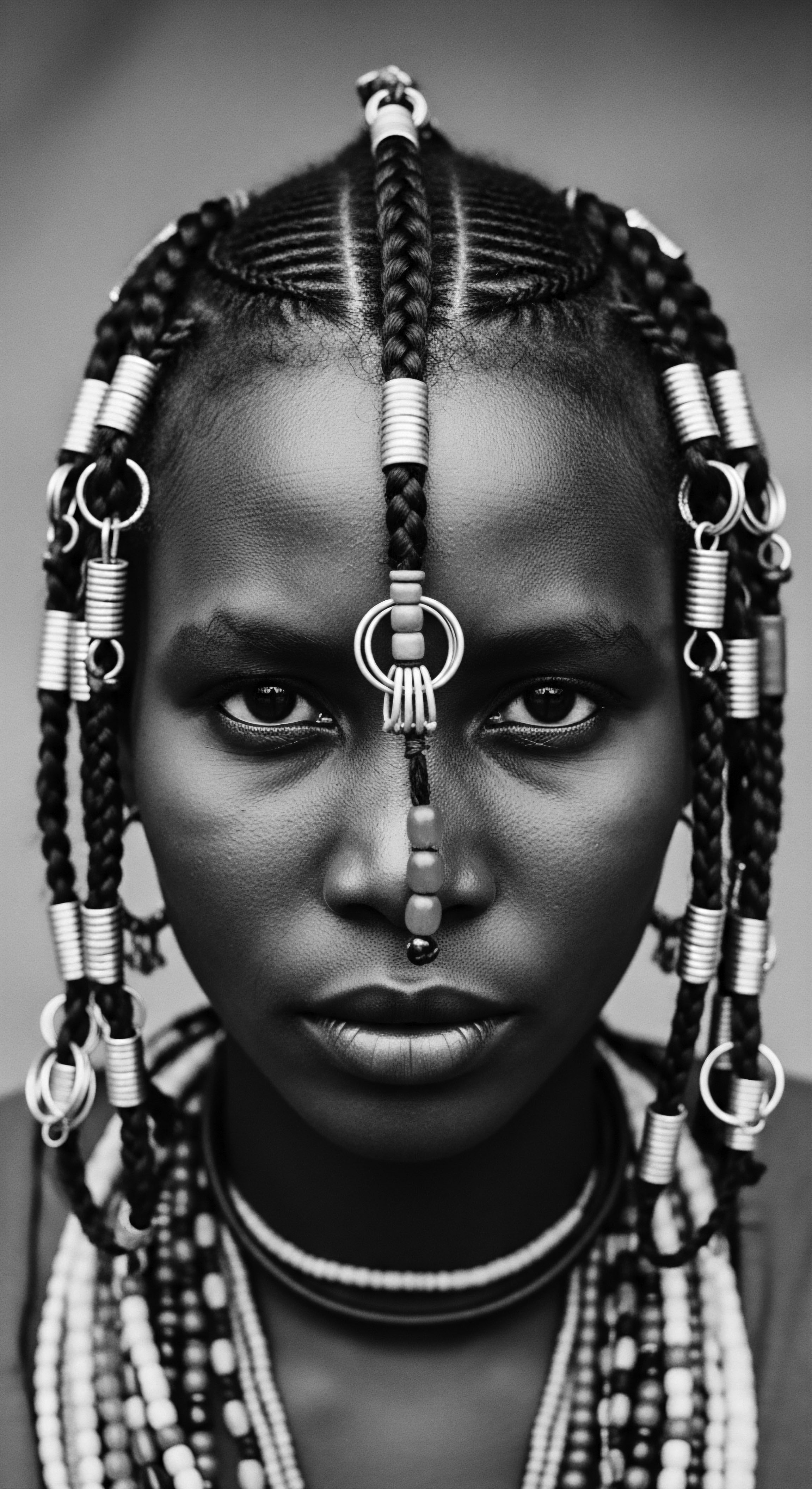
How Did Plant Oils Preserve Textured Hair across the Diaspora?
Plant oils preserved textured hair by forming protective barriers and sealing moisture, a legacy of ancestral knowledge.
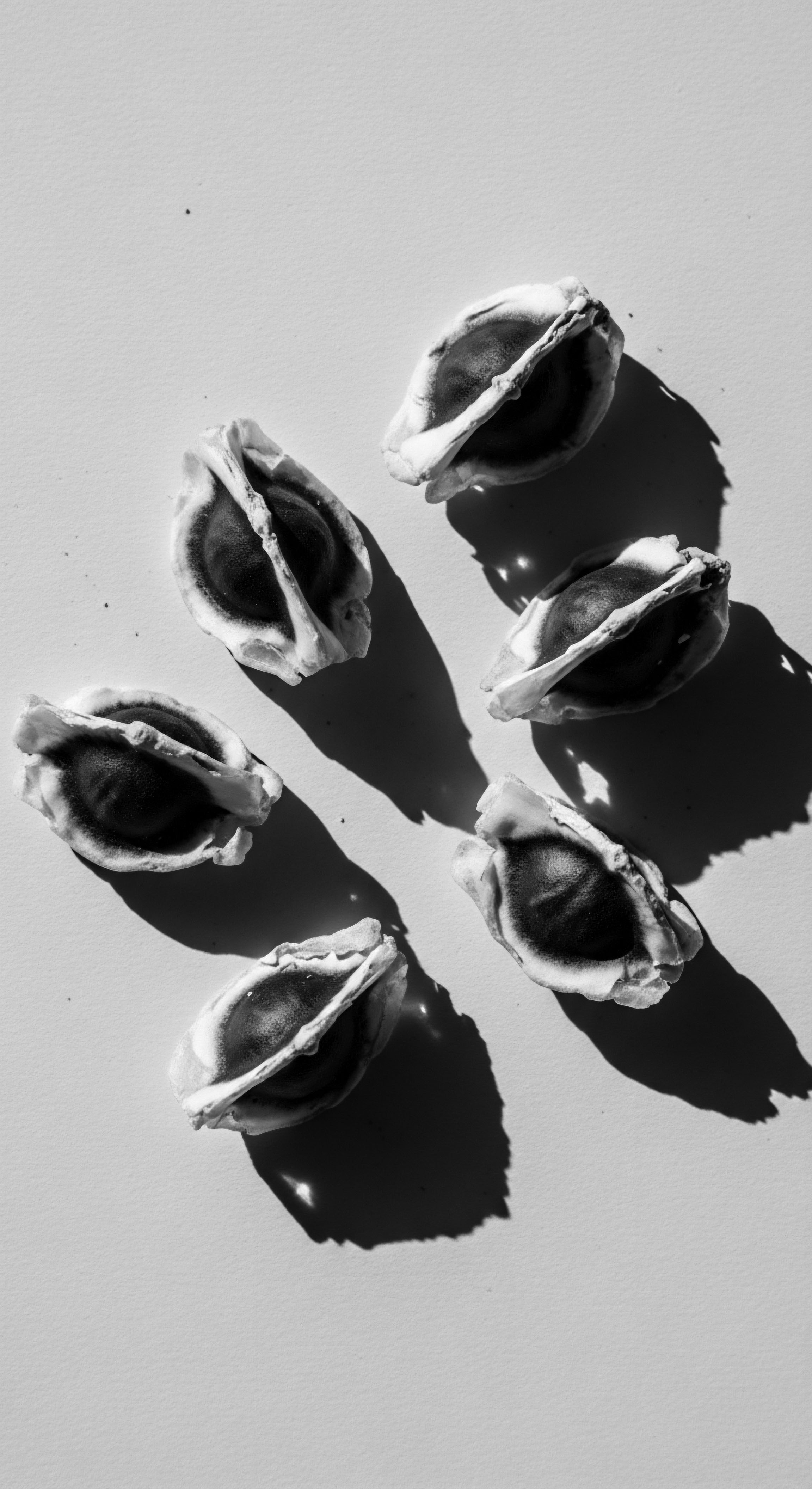
How Ancient Care Practices Influence Modern Textured Hair Routines?
Ancient hair care practices, steeped in heritage, laid the scientific and cultural groundwork for modern textured hair routines.

What Traditional Ingredients Benefited Textured Hair Biology?
Traditional ingredients benefited textured hair biology by providing moisture, strength, and protection, honoring ancestral practices and cultural heritage.
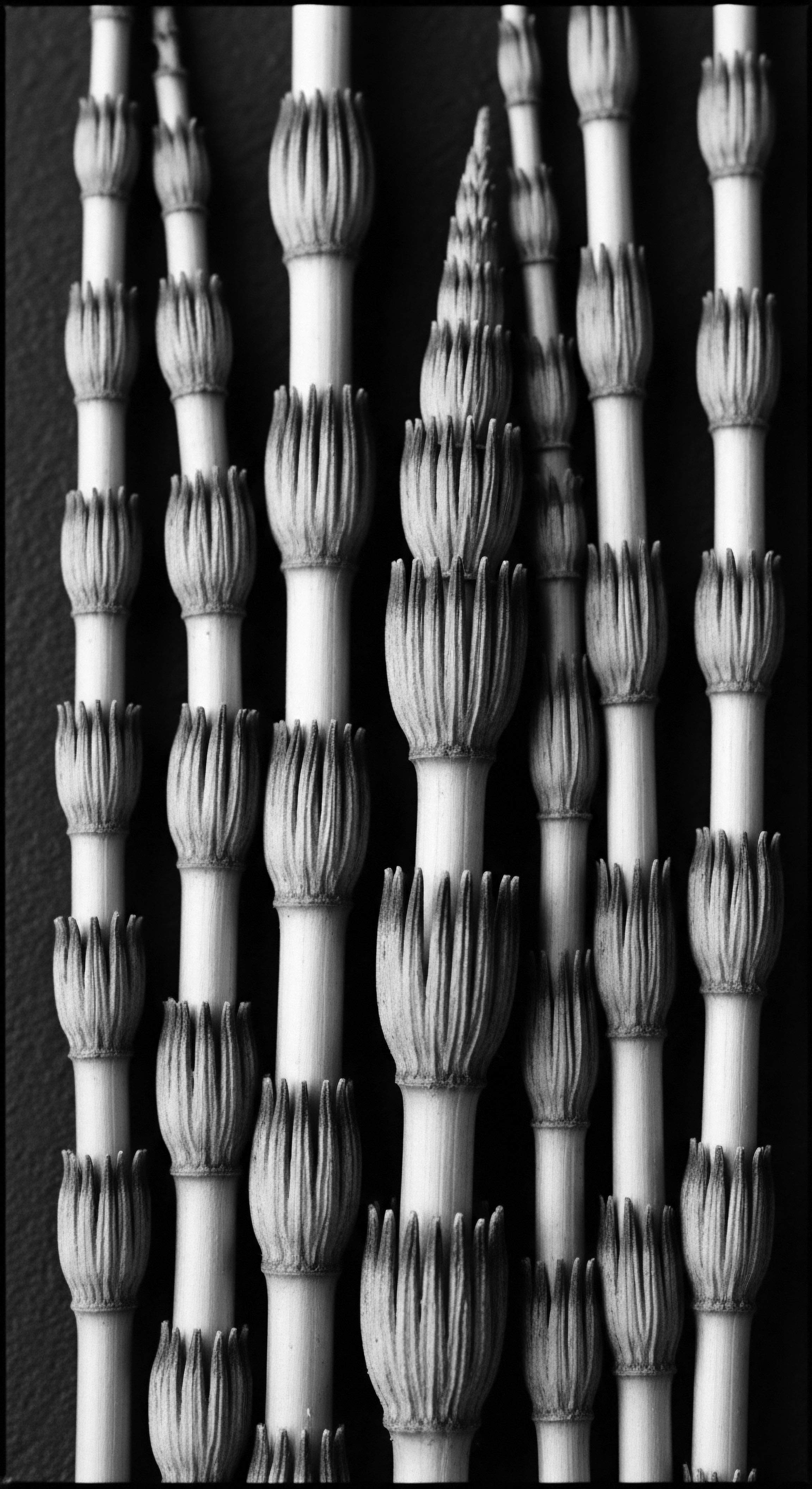
Which Traditional Treatments Supported Aging Textured Hair Health?
Traditional treatments for aging textured hair health centered on natural ingredients and protective styles, deeply rooted in ancestral heritage and community care.

What Historical Plant Remedies Soothe an Irritated Textured Scalp?
Ancestral plant remedies, deeply rooted in textured hair heritage, harnessed botanicals to soothe irritated scalps for generations.
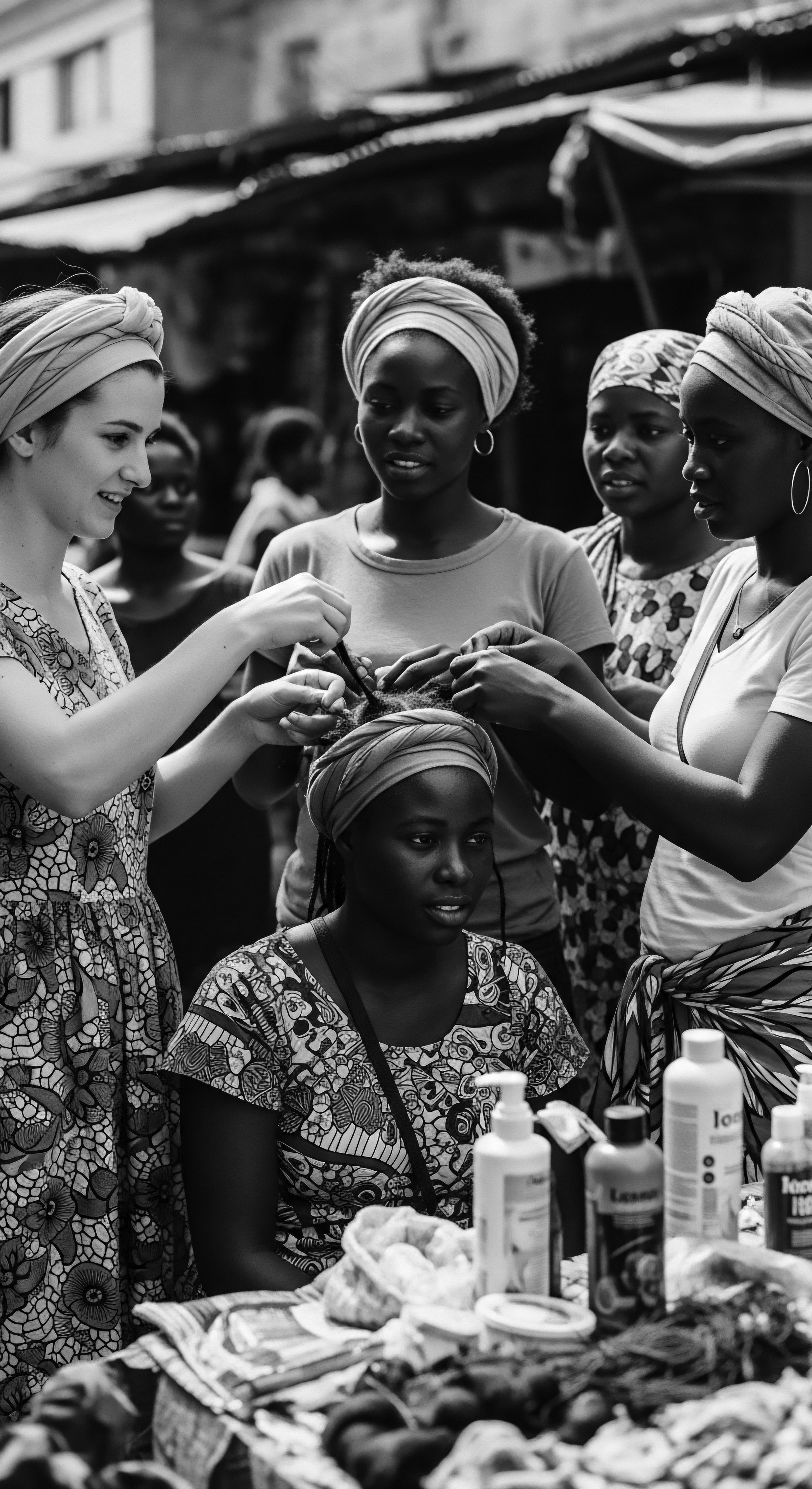
Eucalyptus Oil Heritage
Meaning ❉ Eucalyptus Oil Heritage defines the evolving significance of eucalyptus oil in hair and scalp care, deeply rooted in ancestral and diasporic wellness traditions.

What Historical Botanicals Aid Textured Scalp Vitality?
Historical botanicals, rooted in diverse ancestral traditions, provide fundamental aid for textured scalp vitality.

Can Historical Botanical Remedies Apply to Modern Textured Hair Care?
Historical botanical remedies offer proven efficacy and deep cultural significance, directly applying to modern textured hair care.
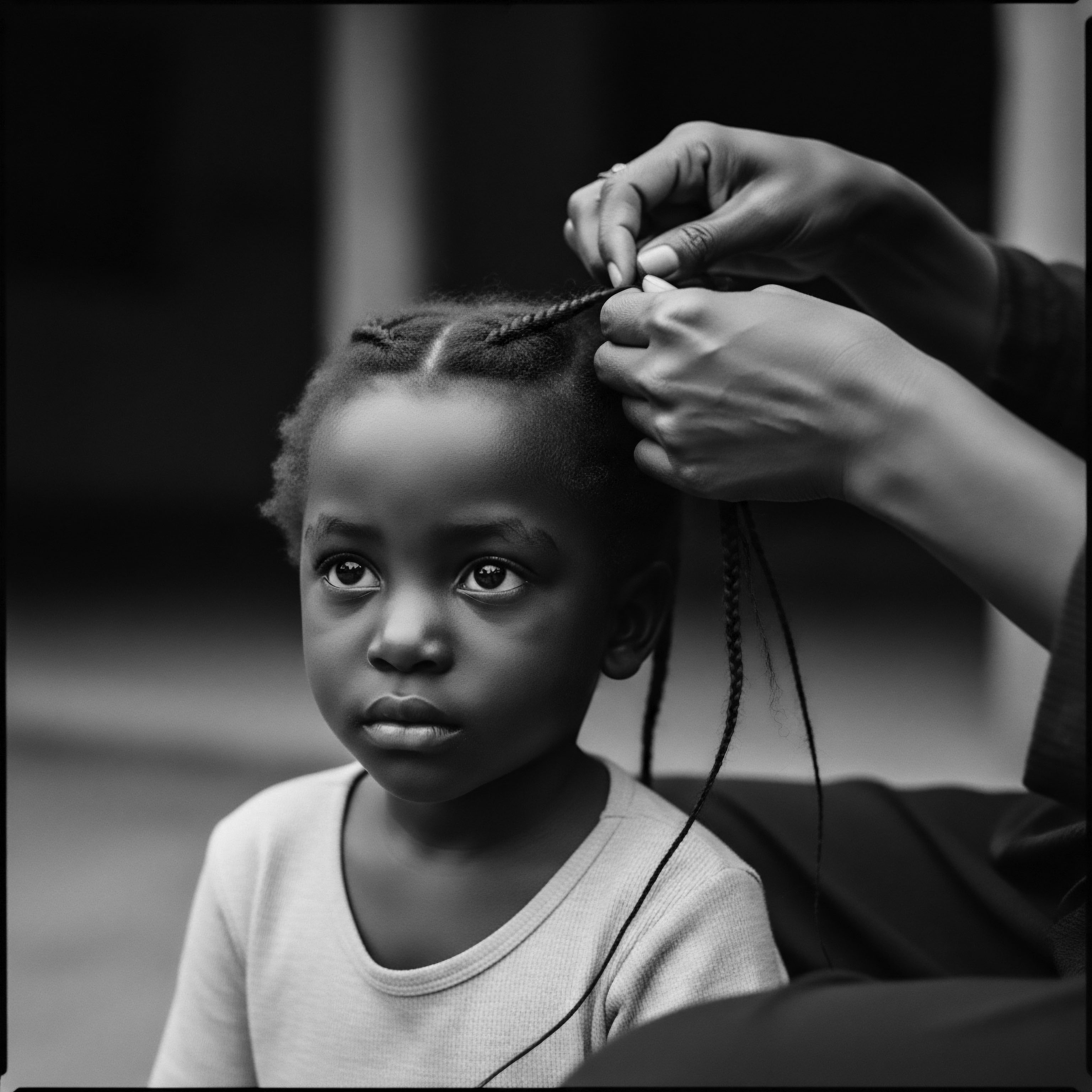
How Have Ancestral Wellness Practices Influenced Modern Textured Hair Care?
Ancestral wellness practices shaped modern textured hair care by transferring inherited knowledge of protective styling and botanical remedies.
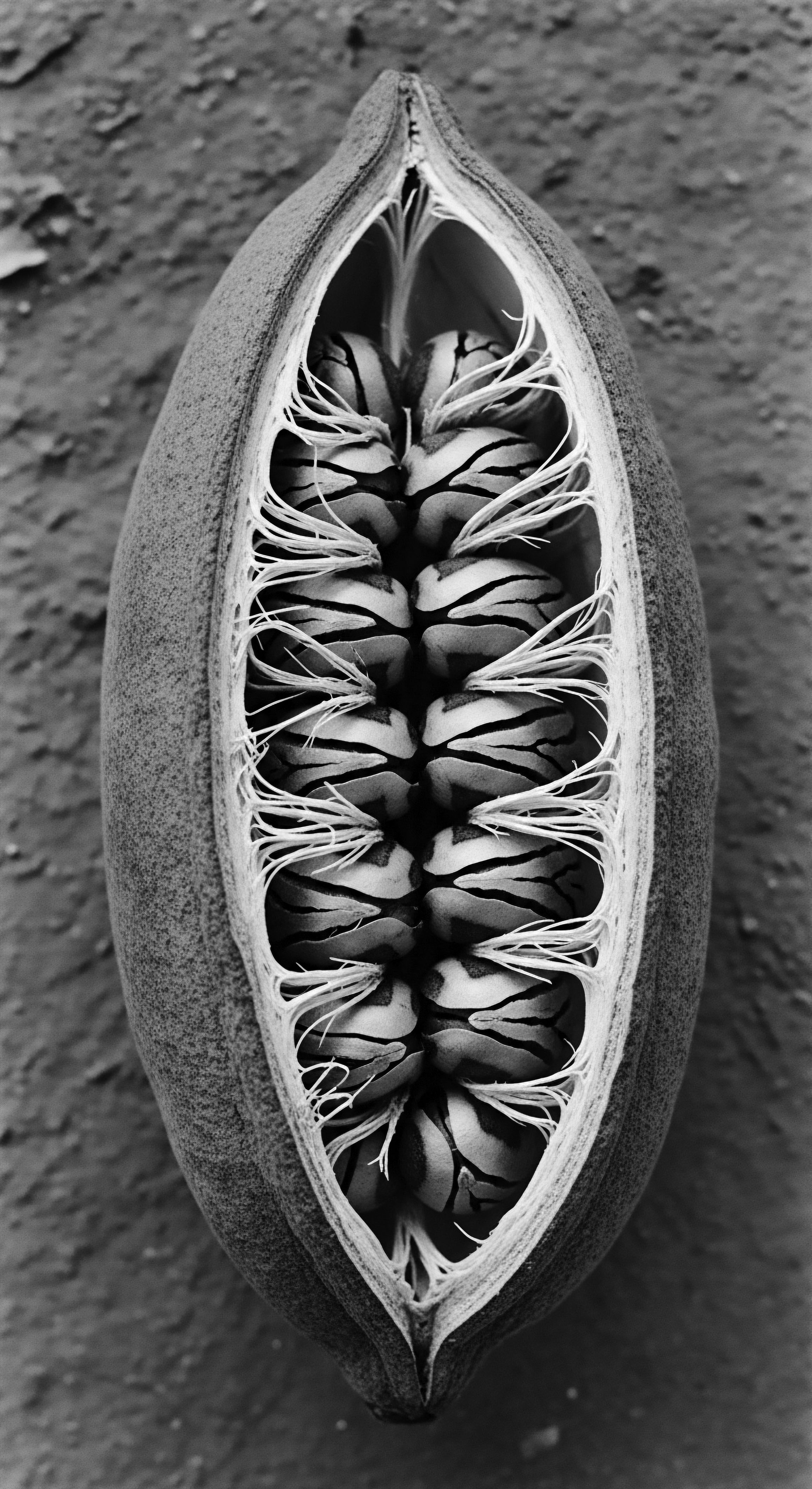
Eucalyptus Oil
Meaning ❉ Eucalyptus oil is an aromatic botanical extract revered for its cleansing properties and rich heritage in global hair care.
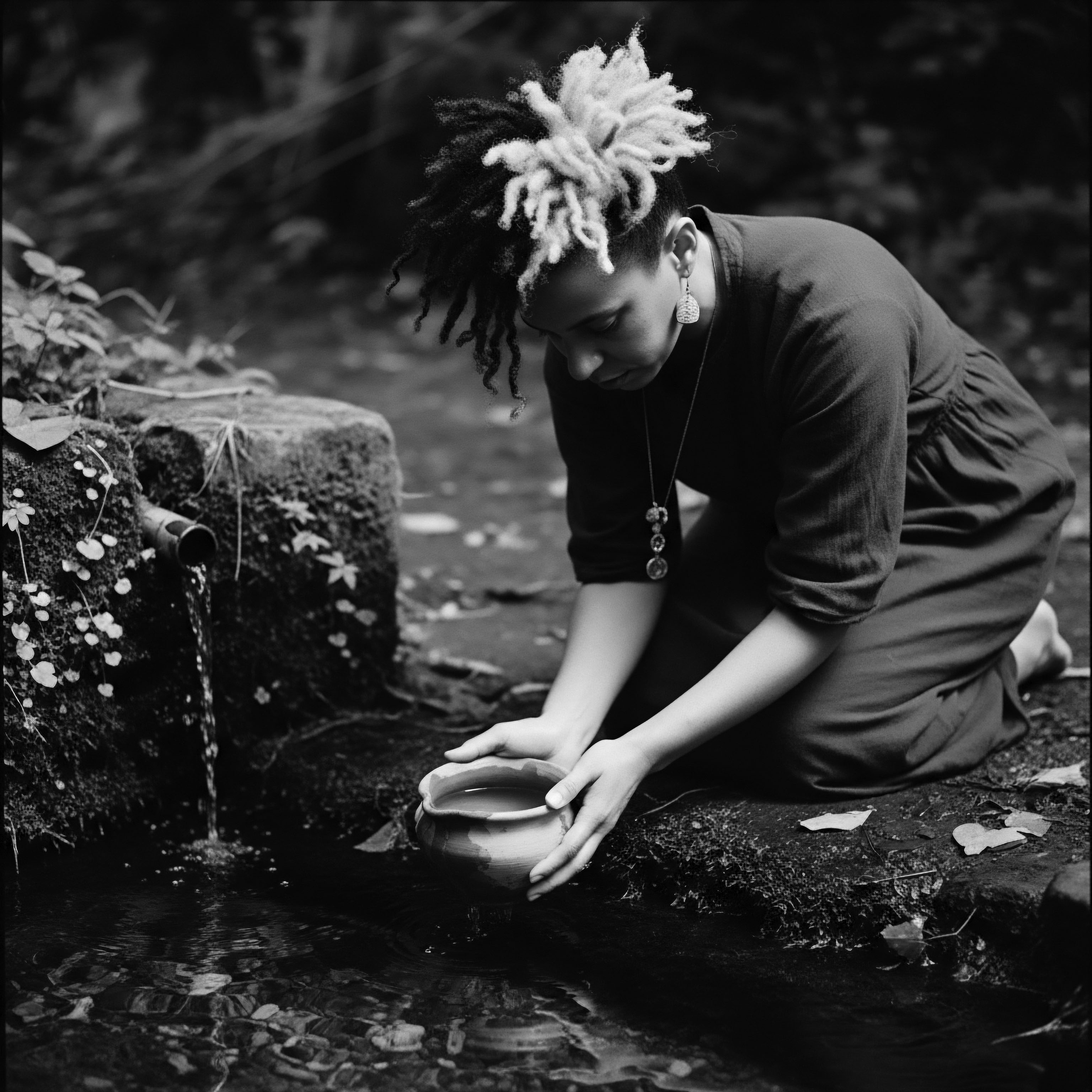
Can Ancestral Plant Wisdom Strengthen Textured Hair?
Ancestral plant wisdom significantly strengthens textured hair by providing essential nutrients, moisture, and protective elements, rooted in a rich cultural heritage.
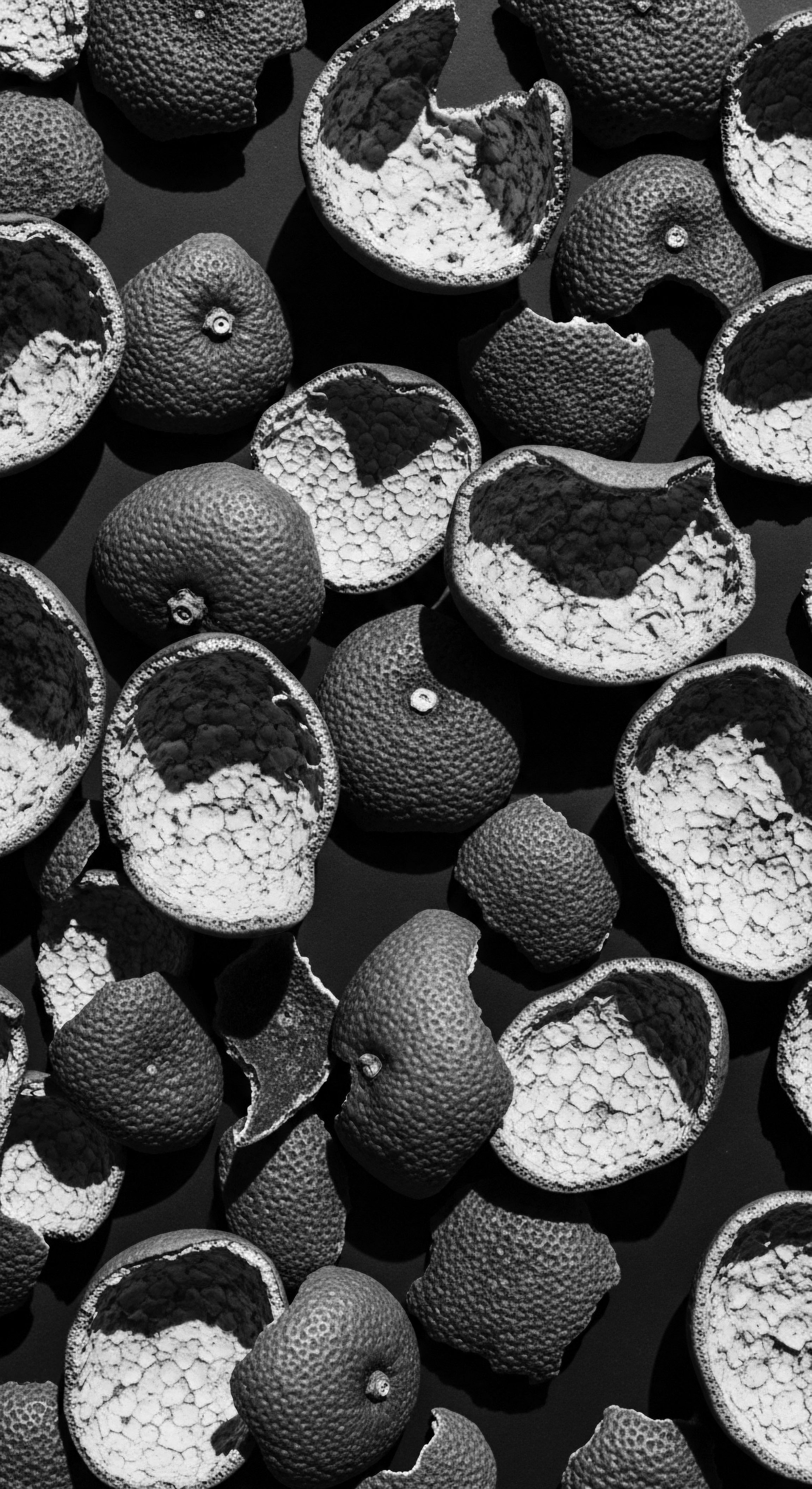
Do Ancestral Hair Care Ingredients Hold Scientific Relevance for Textured Hair Today?
Ancestral hair care ingredients hold scientific relevance today, their efficacy rooted in centuries of **textured hair heritage** and traditional wisdom.
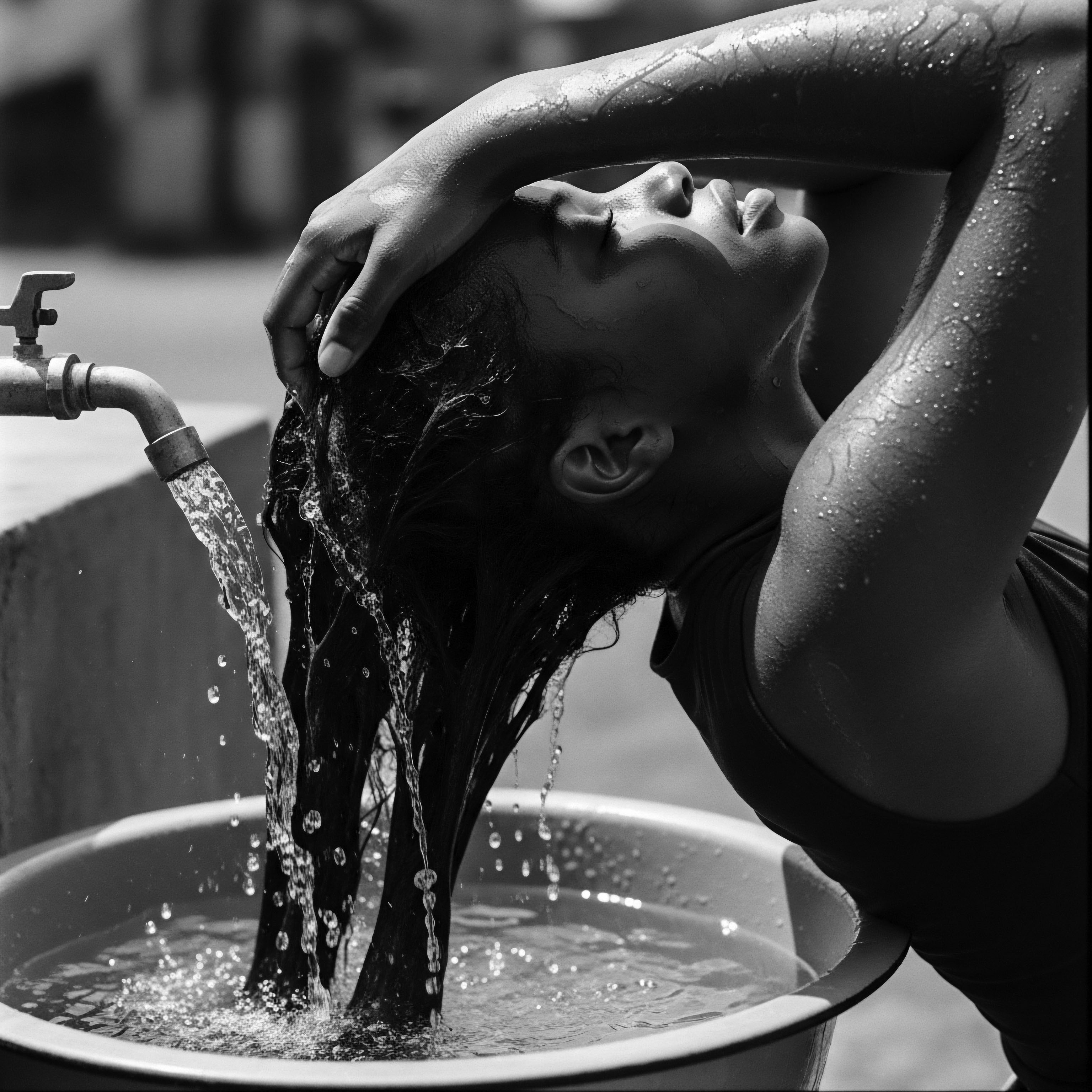
In What Ways Do Caribbean and African Plant Traditions Reflect Shared Hair Care Heritage?
Caribbean and African plant traditions reflect shared hair care heritage through continuous botanical knowledge application and ritual practices.
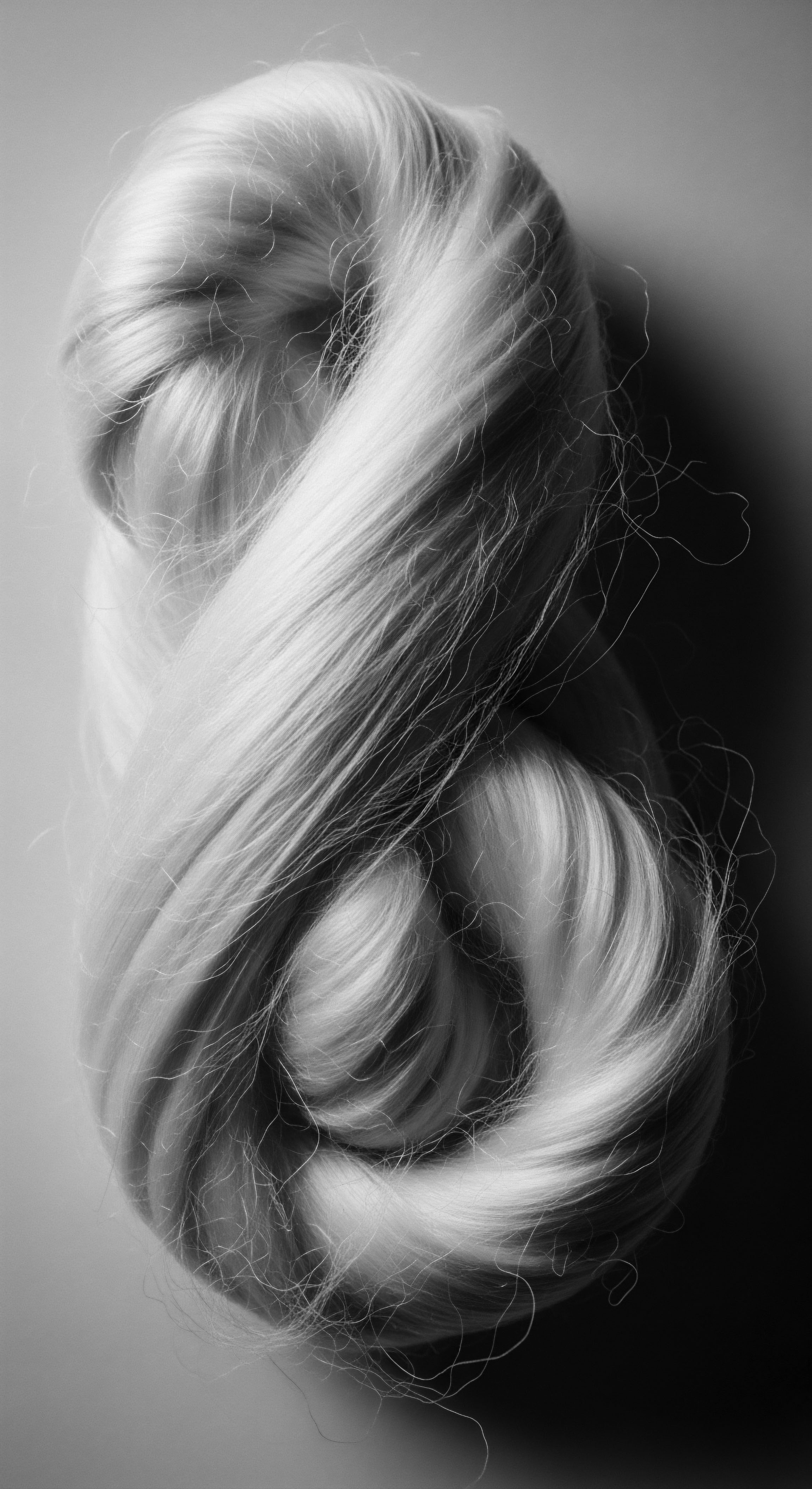
What Historical Plants Moisturized African Textured Hair?
Historical African plants like shea butter, palm oil, and Chebe powder deeply moisturized textured hair, rooted in ancestral practices.
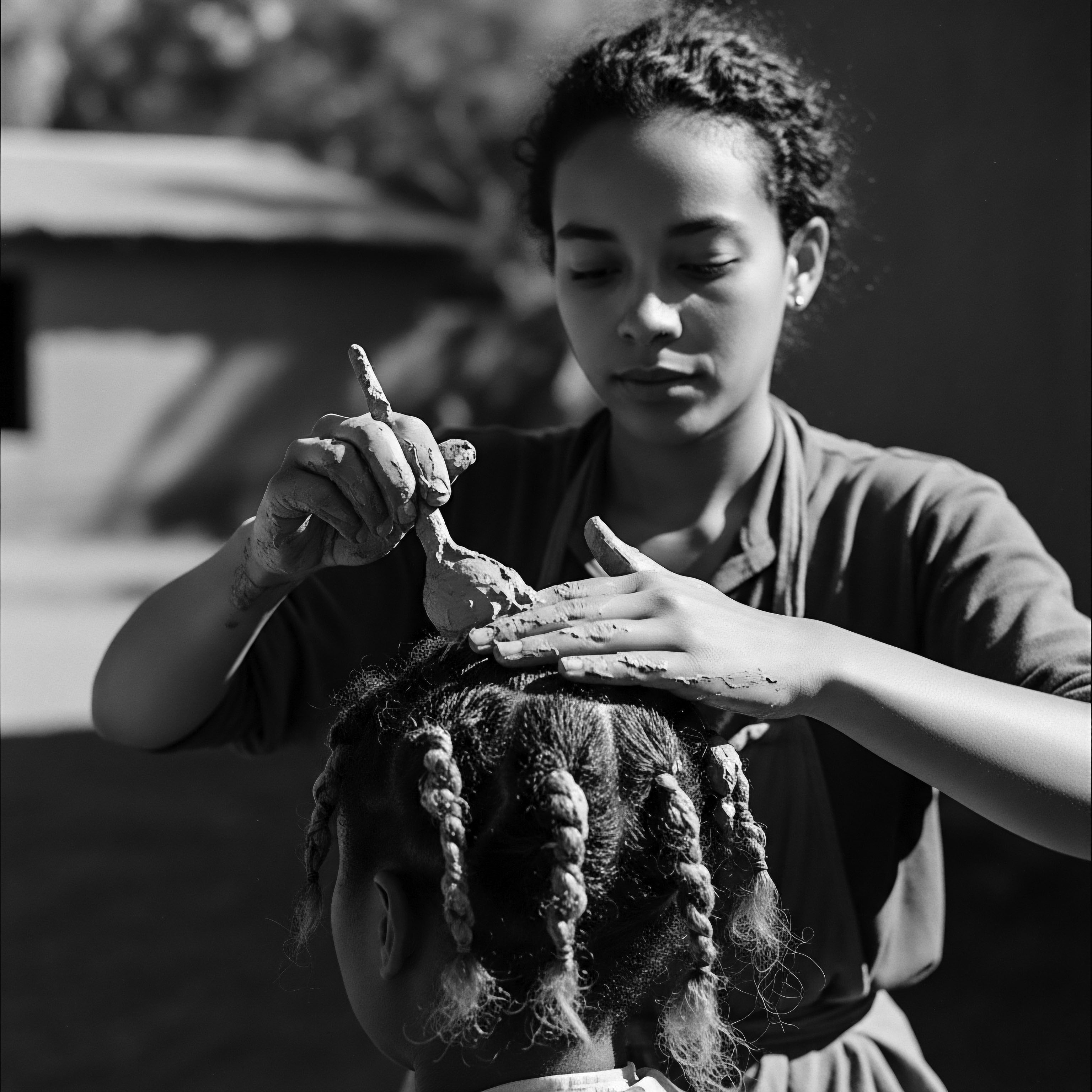
Can Traditional Ayurvedic Practices Improve Specific Textured Hair Challenges?
Traditional Ayurvedic practices offer a heritage-rich, holistic approach to improving textured hair challenges by nourishing the scalp and strands.

Did Ancient Chinese Methods Aid Textured Hair Strength?
Ancient Chinese methods, through holistic health and specific botanicals, fortified hair strength, offering insights applicable to textured hair heritage.
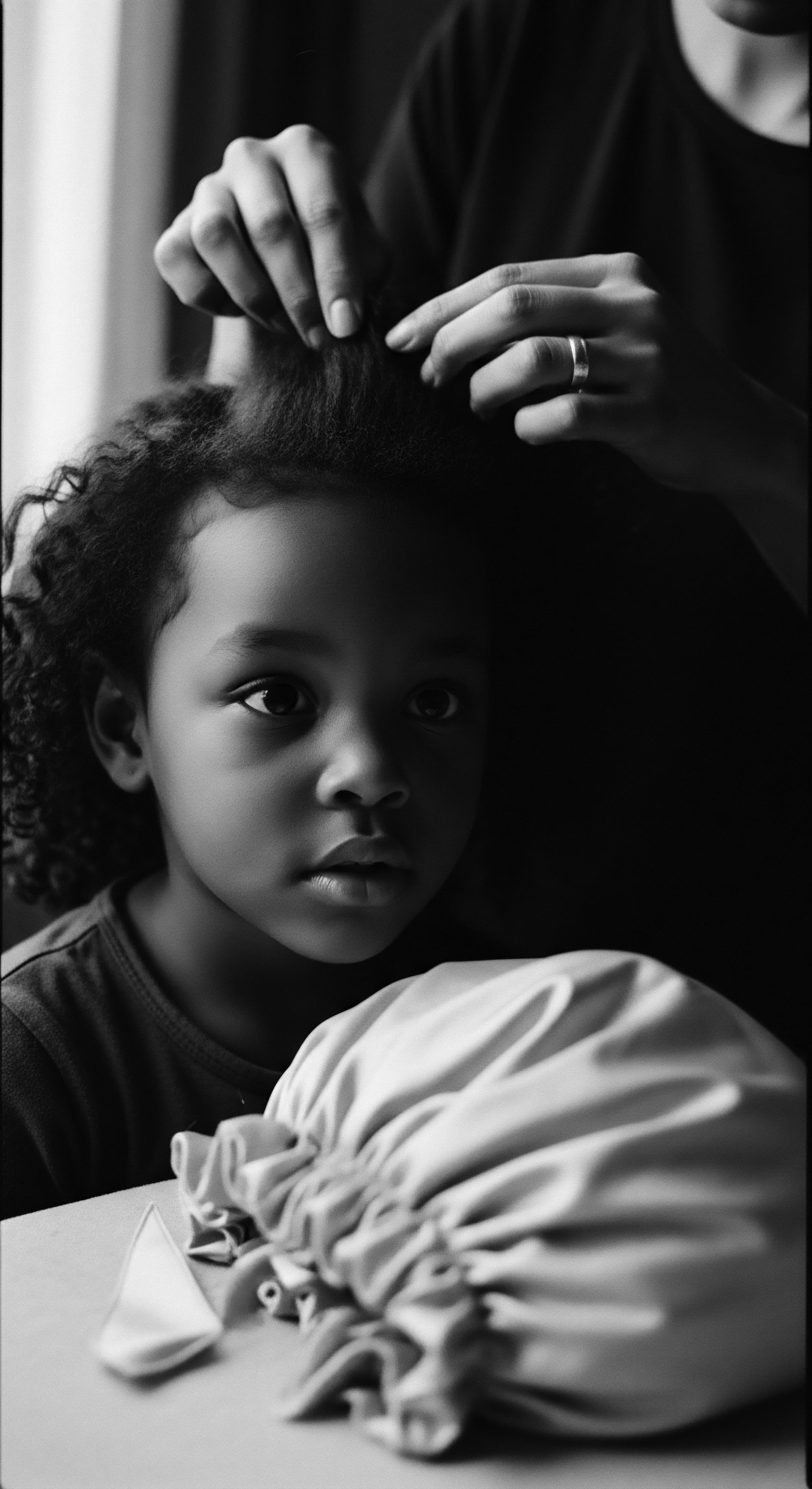
Which Ancient Plants Were Most Crucial for Textured Hair Health?
Ancient plants like shea butter, aloe vera, neem, and amla were vital for textured hair health, deeply embedded in ancestral care traditions.

How Does Amazonian Plant Use Relate to Textured Hair Health?
Amazonian plants provide profound hydration and strength for textured hair, honoring centuries of ancestral practices.

